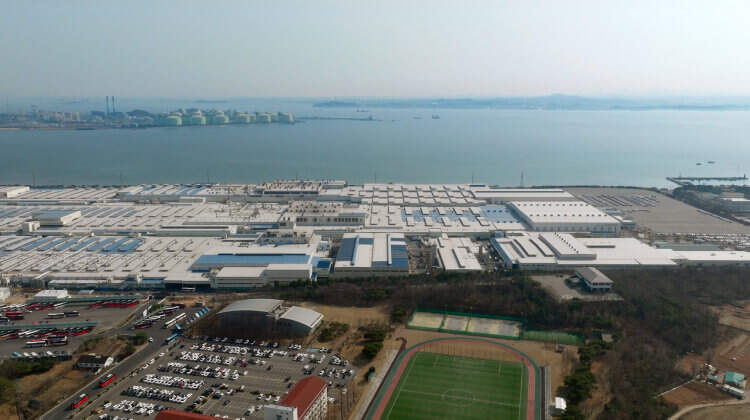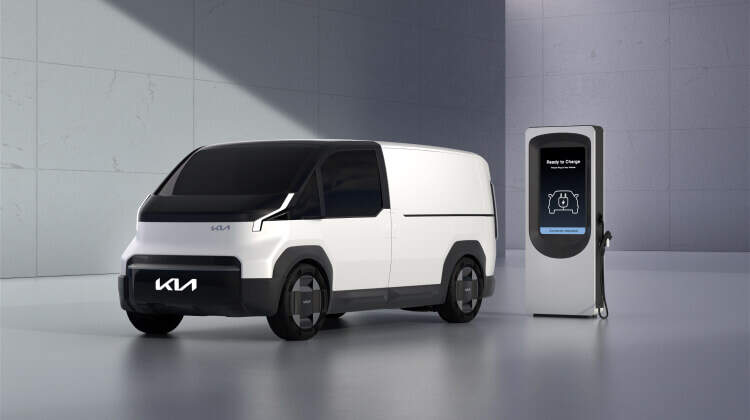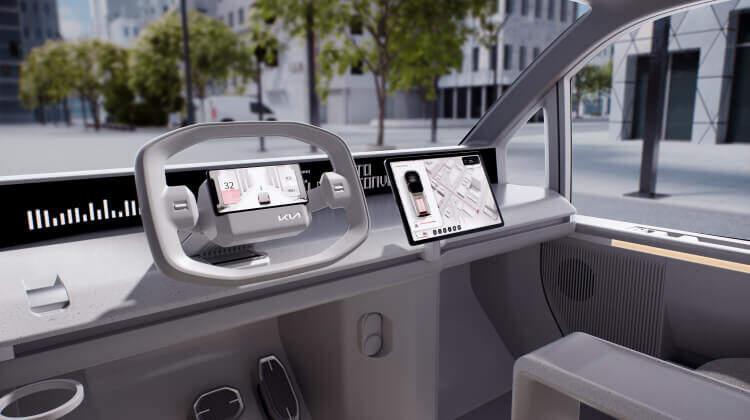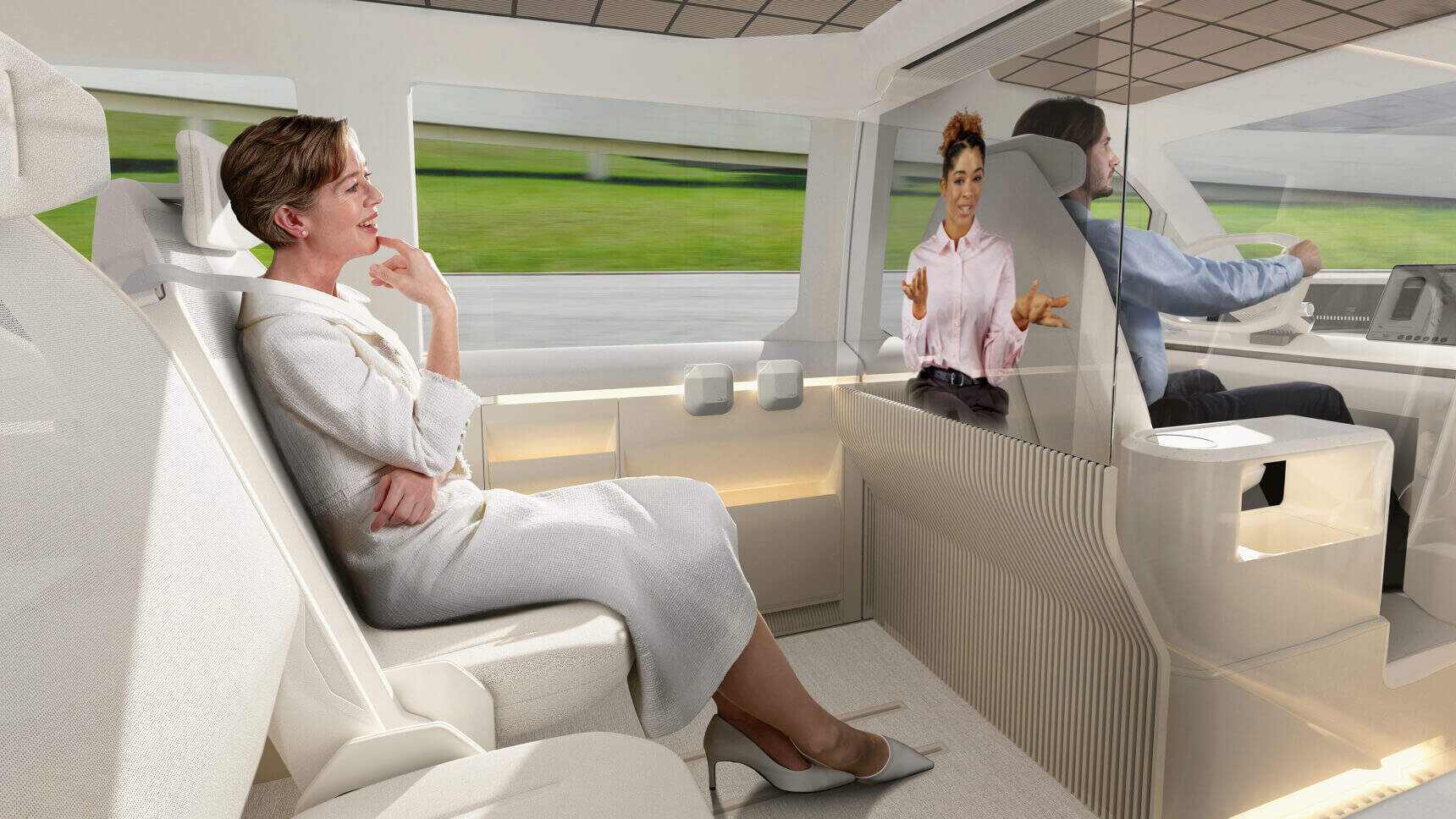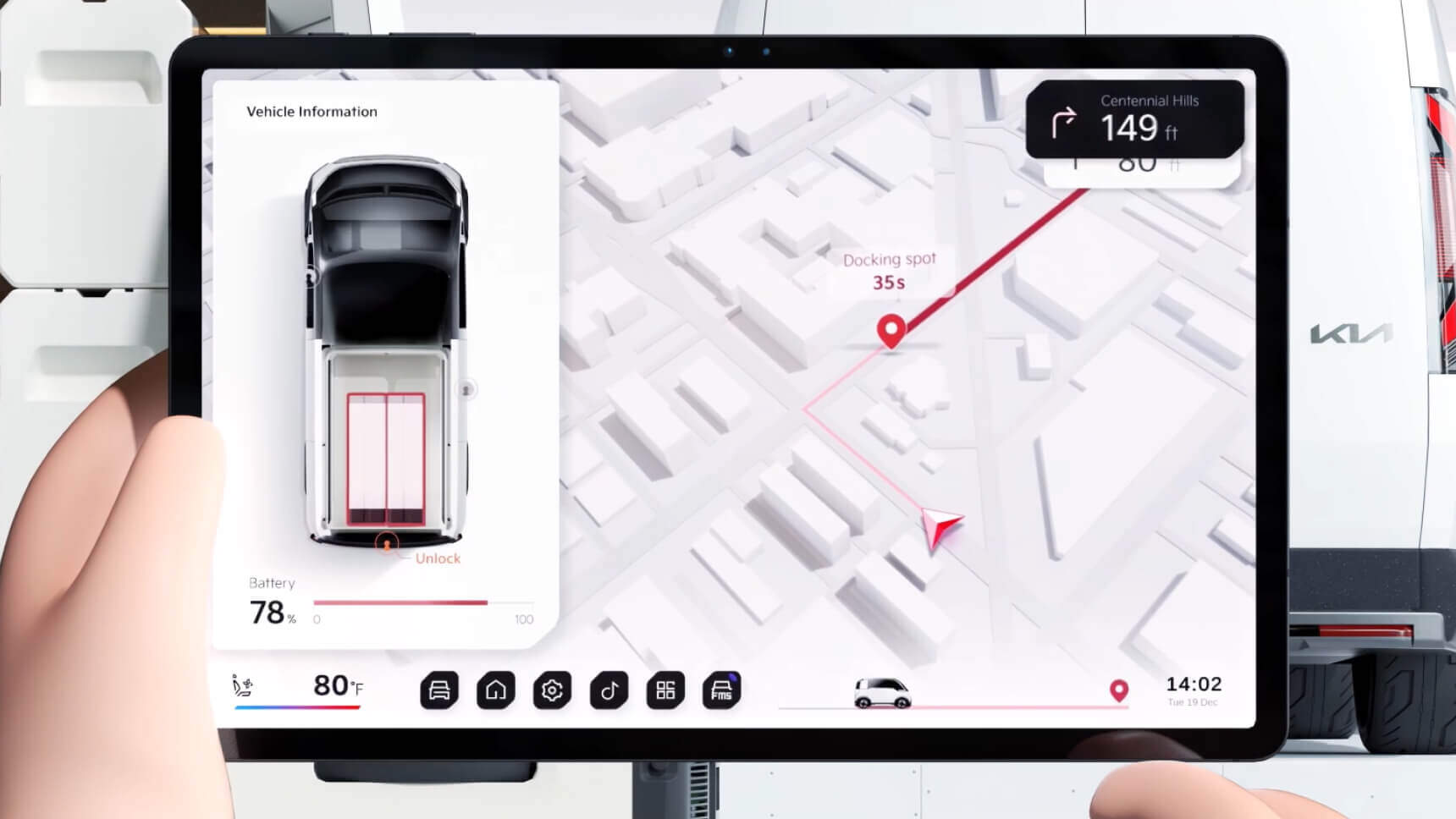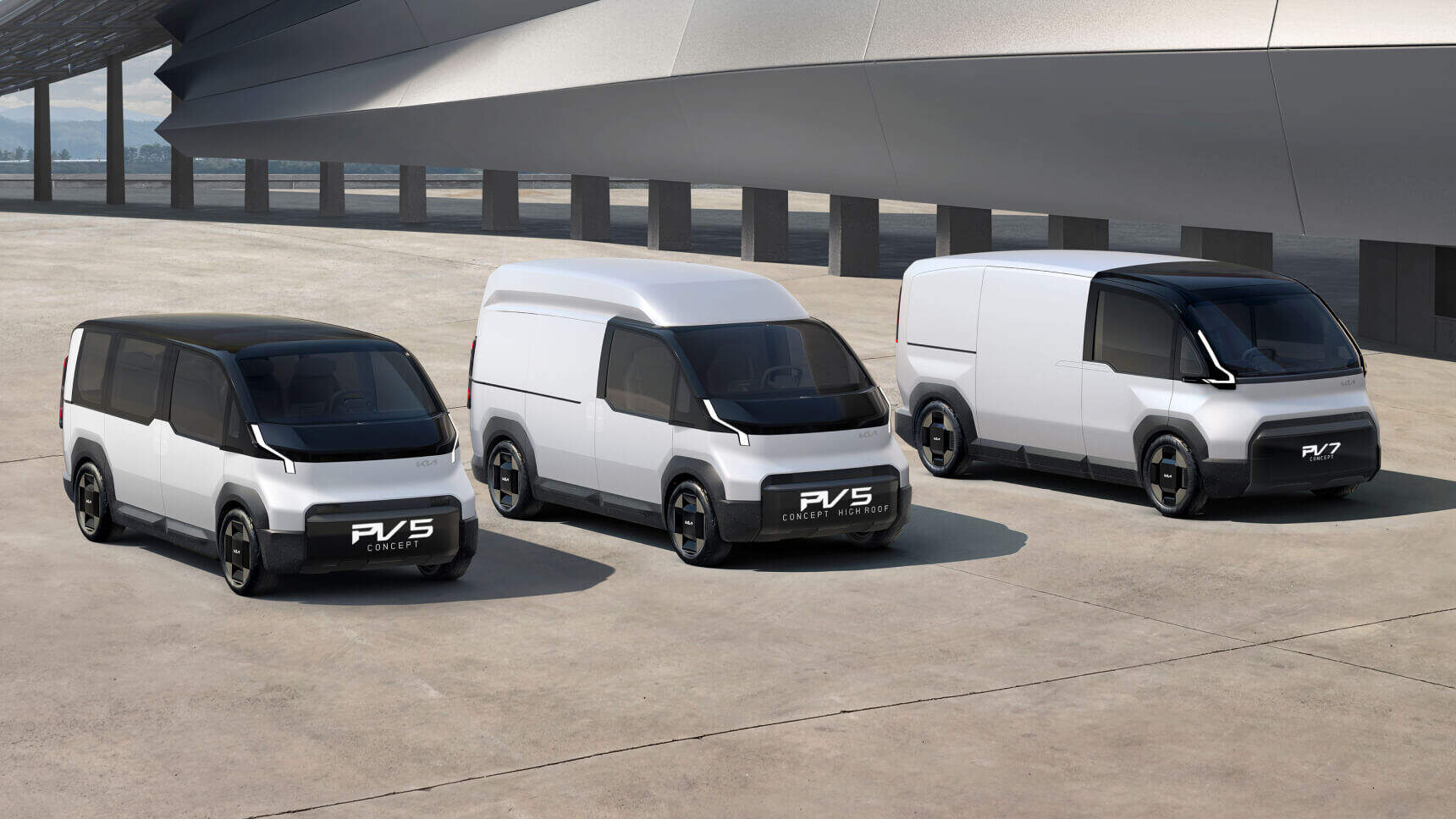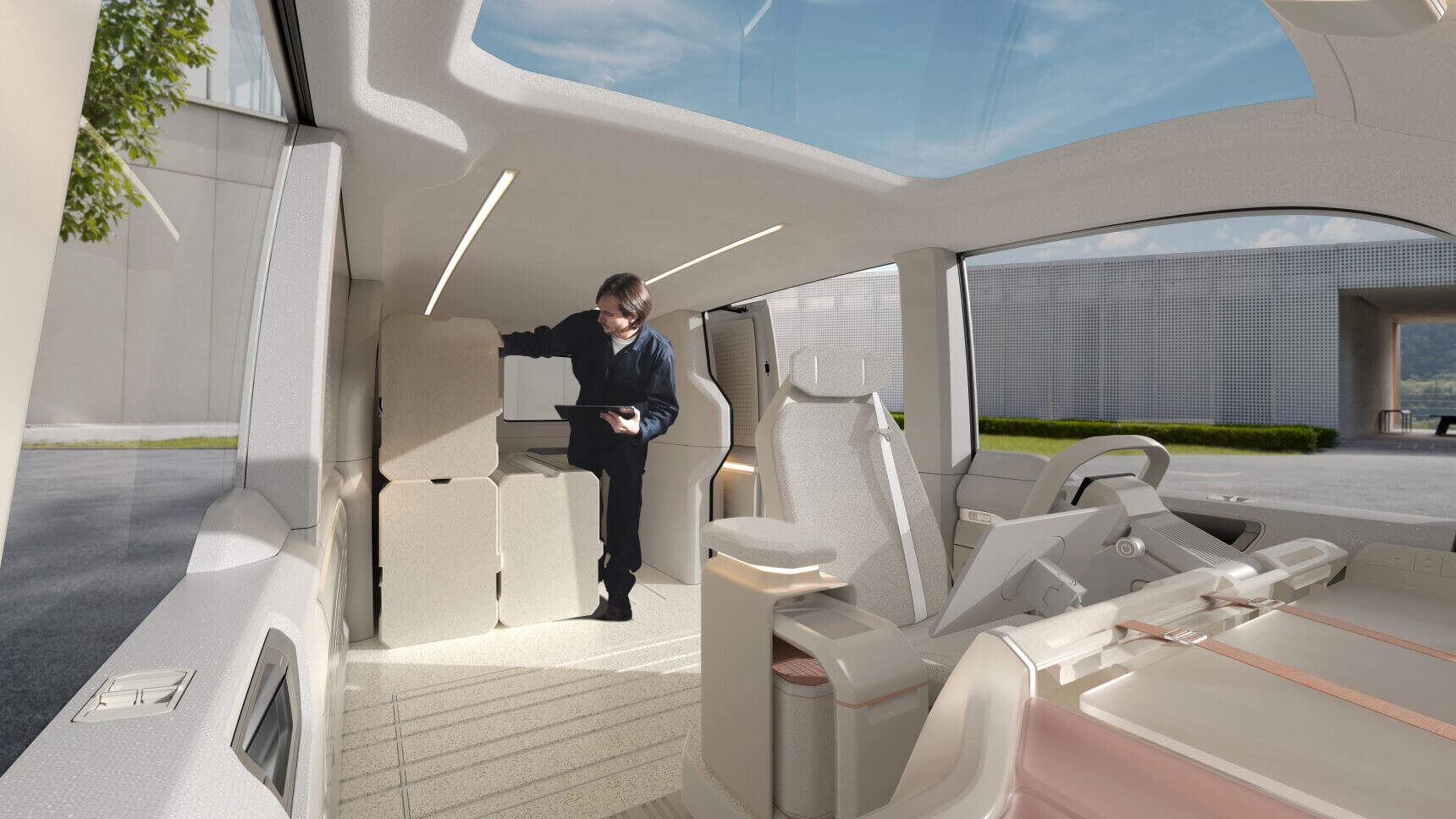Charge faster, go further
No matter where your journey takes you, you can always count on a reliable charging capability.
Kia PV5 with DC fast charging and optional 22Kw AC, allows you to spend less time waiting more time at work. Charge your Kia PV5 with DC in under 30 mins from 10% to 80%.
Access to Ionity charging network and plug & charge allows you both a huge charging network in Europe as well as a simplified charging process with effortless payments.








